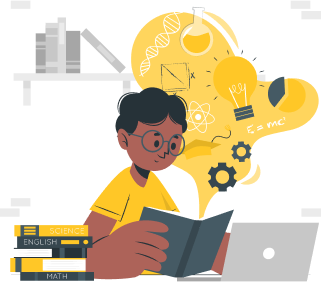Formulating an Individualized Education Plan (IEP) for every child
Special education simply refers to a range of educational services that help children with disabilities learn. It is tailored to meet the needs of each child individually through Individualized Education Plans (IEPs). The general philosophy of special education is that all children and people have the ability to learn, regardless of their particular disabilities. The goals of special education include helping children with special needs become self-sufficient, and empowering them for success in mainstream school and society. Some children are easily identified as candidates for special education due to their medical and behavioral history - They may have been previously diagnosed with having any developmental disorder, or brain damage or other disabilities. It is better for children’s education for them to be assessed as early as possible, enabling them to get the accommodations they need.Parents of special needs children should be aware about the diagnosis their child has, in order to get proper access to interventions such as speech therapy, occupational therapy, physiotherapy, and adaptive physical education. Which children benefit from special education?Special education is suitable for children if their learning is impacted by a physical, cognitive, behavioral, or emotional condition.
Special education caters to a wide range of pediatric conditions. Special education teacher aim to provide accommodated education for students with developmental delays such as learning disabilities, Angelman syndrome , Down syndrome, Dyslexia, ADHD, communication disorders, emotional and behavioral disorders, physical disabilities (such as osteogenesis imperfecta, cerebral palsy, muscular dystrophy & more), developmental disabilities (such as autistic spectrum disorder and intellectual disabilities) etc.
Special Education Teacher
Special Educators may work in environments such as classrooms or resource centers that include only special needs students, or they may work in inclusive classrooms where they assist general teachers in providing special needs children with the individualized attention and unique approaches they need to develop to their full potential.
Special Education teacher often develop Individualized Education Programs (IEPs) to set goals and track each student's progress. Furthermore, special educators coordinate with other teachers and counselors to prepare lessons and write reports. They also regularly communicate with the parents of students about their child's progress.
Some tasks that a special education teacher may do on a regular basis include:
- Develop and Maintain IEPs
- Provide Individualized Instruction
- Adapt Curriculum
- Assess Student Performance
- Collaborate with Classroom Teachers
- Meet with Parents
- Oversee Resource Aides
- Manage their Classroom
Special Education for Autism
How autism hinders a child's educational progress depends on each child. By carefully designing an IEP in special education for autism, it is possible to create a plan that will help each child develop in many ways -- academically, socially and behaviorally. Special educators are important team members in the rehabilitation of children with autism.
An IEP in special education for autism might contain goals like the following:
- Academic: The child will learn new skills, such as adding or subtracting.
- Social: The child will develop appropriate play skills, such as interacting with classmates during group activities.
- Behavioral: The child will acquire new coping mechanisms, such as asking for help and replacing problem behaviors, such as yelling or hitting, with socially acceptable ones.
- Motor: The child will work on ADL skills or handwriting to assist their academic progression.
Some Methods of Special Education
Different approaches are used by schools and other organizations to provide special education to students.
- Inclusion: Special needs students spend most or all of the school day with students who do not have special needs. Since inclusion can require significant modification of the general studying curriculum, most schools use it only for selected students with mild to moderate special needs, which is accepted as a best practice. Certain specialized services (Occupational therapy, physical therapy etc.) may be provided inside or outside the regular classroom, depending on the type of service.
- Mainstreaming: Based on their skills, special needs students are educated with neurotypical students during specific time periods. Other times, special needs students are segregated in separate classrooms exclusively for them. The primary purpose of mainstreaming is to include students with disabilities within the traditional classrooms while giving them the same opportunities as other students to access instruction, gain knowledge, grow as an individual, and to participate in the academic and socializing environments that a school has to offer.
- Segregation: Special needs students do not attend classes jointly with neurotypical students. Either these students with special needs attend a separate special school, or they attend the same school as non-disabled students in completely different classrooms.
- Exclusion: Special needs children who don’t receive education in any school are considered to be excluded from school. In the past, most special needs kids have been excluded from schools due to lack of awareness & resources.
Benefits of Special Education
- Prepares students for adulthood and lifelong success
- Teaches new strategies to help with students’ level of understanding
- Long-term special education assist on building confidence among students
- Plays a major role in identifying unique learning styles of each student
Special Education at CogniAble
Special education plays a prominent role in CogniAble’s School Readiness Program, conducted in Sector - 46 Gurgaon. The three main aspects of this program are teaching pre-learning skills, self-care skills and social skills. The aim of this School Readiness Program is to empower children to get admissions in mainstream schools after providing intervention. After the initial assessment of a child is completed, the special education teacher plan goals for each child based on their individual requirements. The child is then placed either in a 1-on-1 of group special education programs at CogniAble.
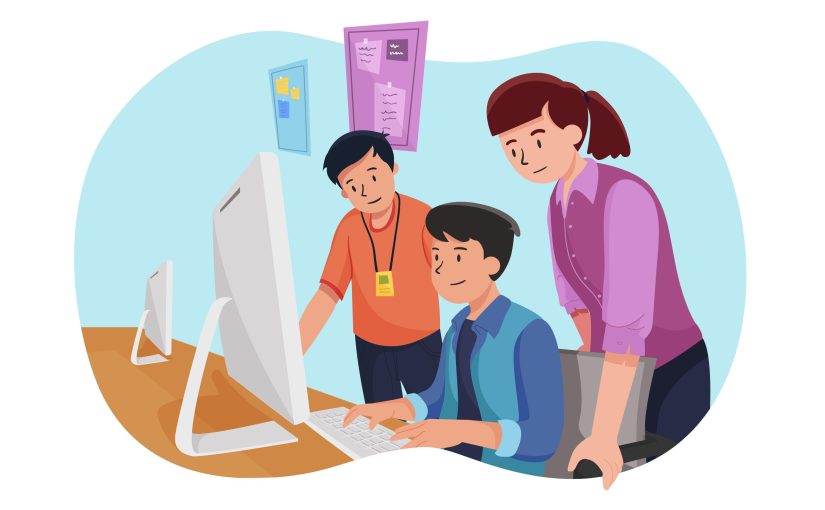 ABA Courses
ABA Courses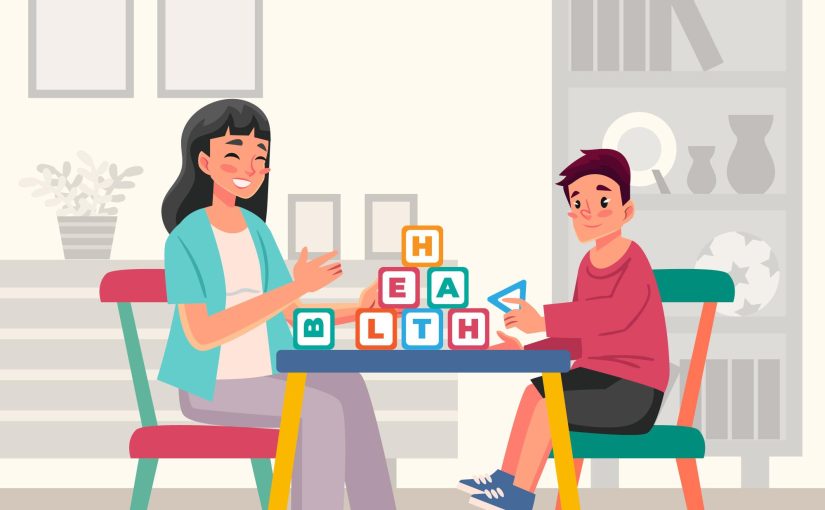 Behavioral Therapy for Autism
Behavioral Therapy for Autism Developmental Delay
Developmental Delay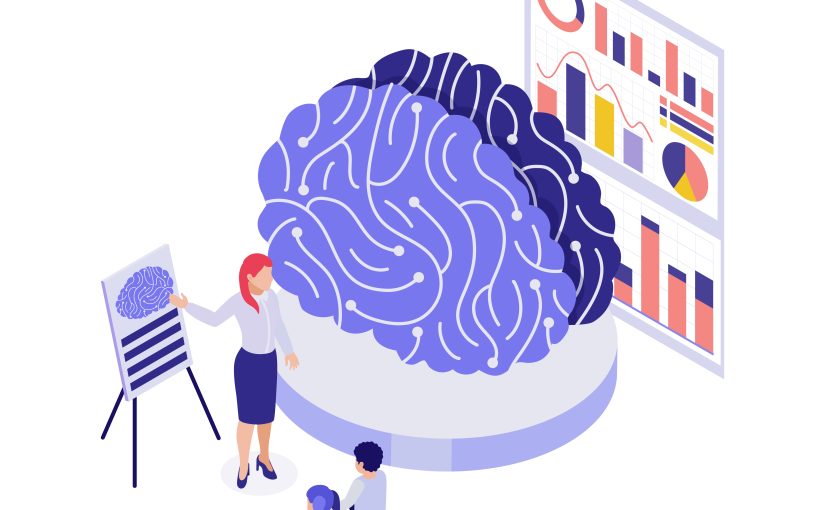 Neuro developmental Therapy
Neuro developmental Therapy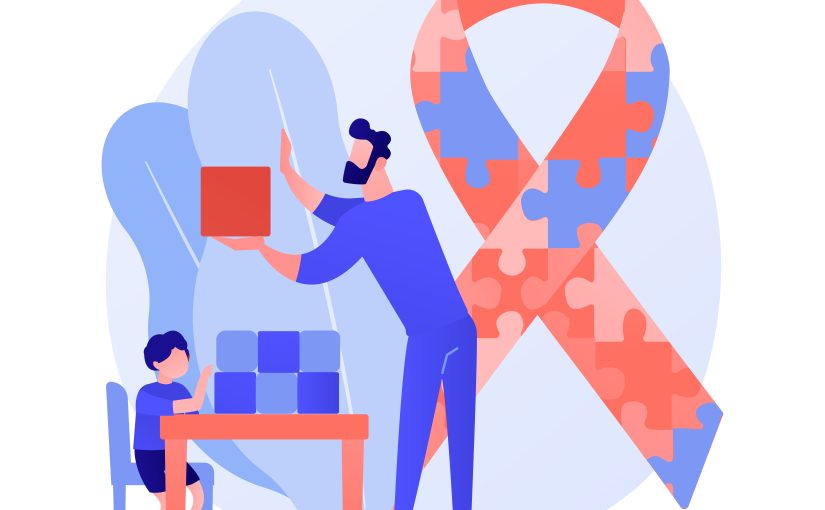 Down Syndrome Therapy
Down Syndrome Therapy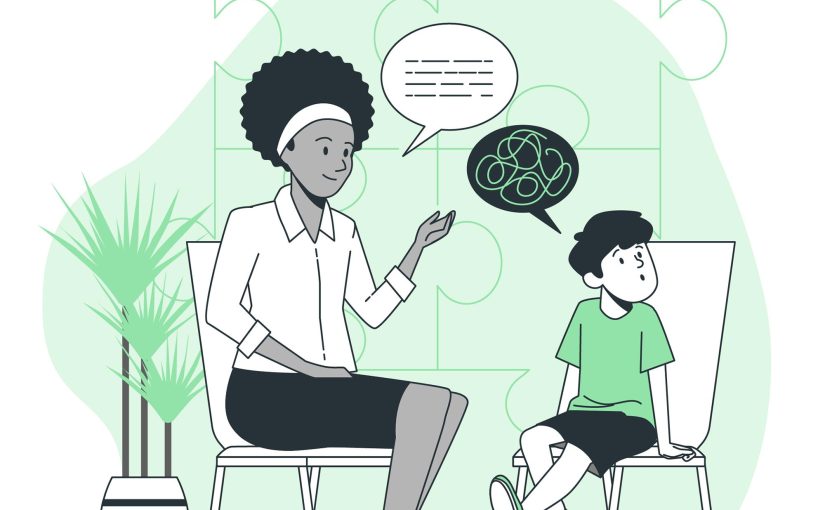 Autism Screening
Autism Screening Vocational Training
Vocational Training